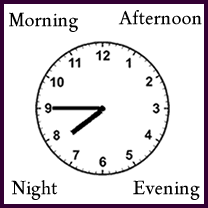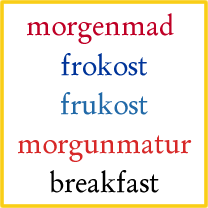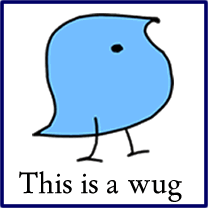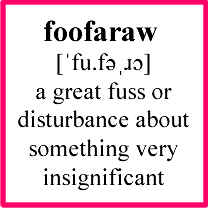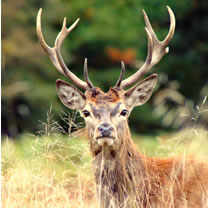
I came across the expression “to go stag” the other day in an article and was puzzled by it. I couldn’t quite work out what it meant from the context, so looked it up.
According to Merriam-Webster it is an expression used in the USA that means: “to go to a party or other social event by oneself.”
The American Heritage Dictionary defines stag as: “A person who attends a social gathering unaccompanied by a partner, especially a man who is unaccompanied by a woman”, and also as: “a social gathering for men only.”
Merriam-Webster has a similar definition for stag: “social gathering of men only one who attends a dance or party without a companion.”
In the UK and Ireland a stag can be “a social event for males held in honor of a groom on the eve of his wedding, attended by male friends of the groom” [source]. Stag can also refer to the groom. A stag is also known as a stag do, stag party, stag weekend, bachelor party (USA & Canada), buck’s party (Australia). Are there other names for such an event?
Such events date back at least to the 5th century B.C. The ancient Spartans apparently celebrated a groom’s last night as a single man by having a dinner and making toasts to him [source].
Stag also means an adult male deer. Itcomes from the Middle English steg, stagge (stag), from the Old English stagga, stacga (stag) and the Old Norse steggi, steggr (a male animal), from the Proto-Germanic *staggijô, *staggijaz (male, male deer, porcupine), probably from the Proto-Indo-European *stegʰ-, *stengʰ- (to sting; rod, blade; sharp, stiff) [source].
The photo comes from Flickr
